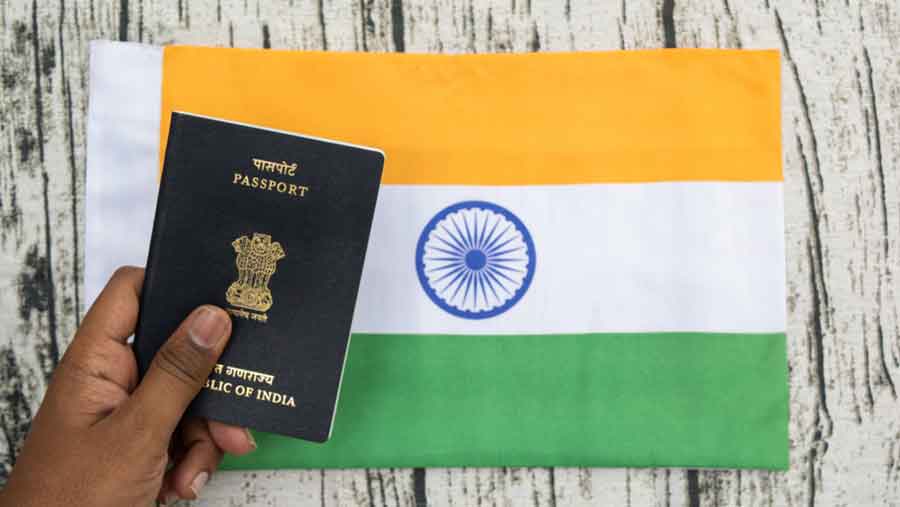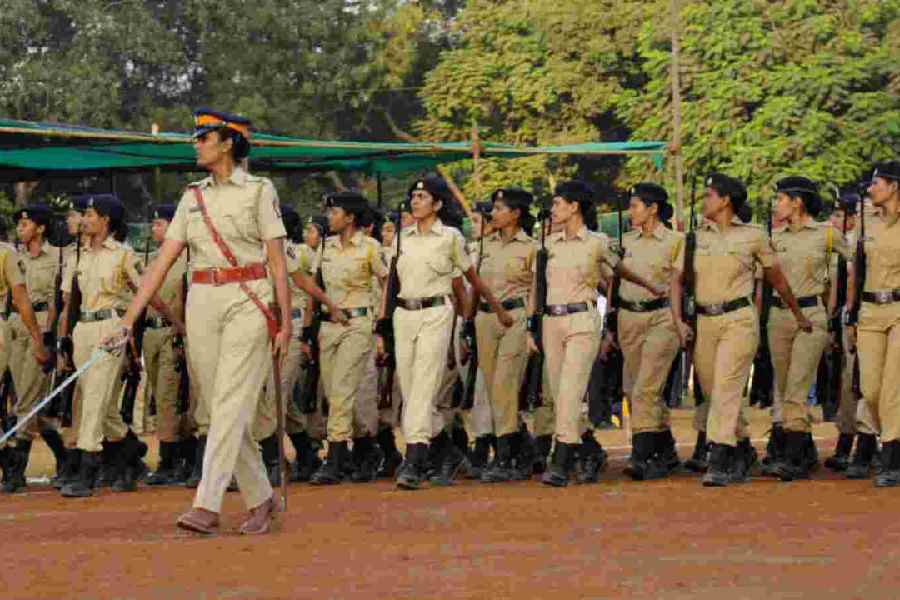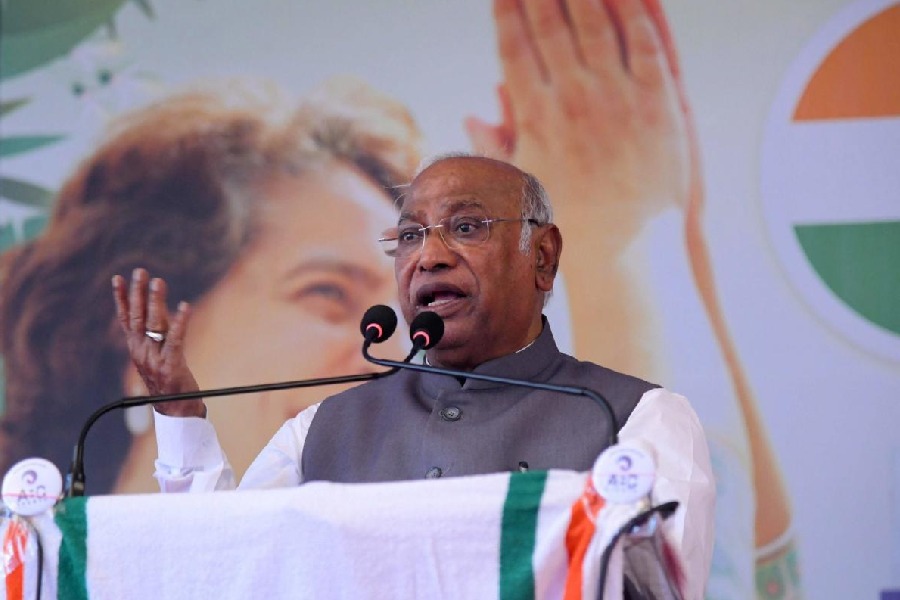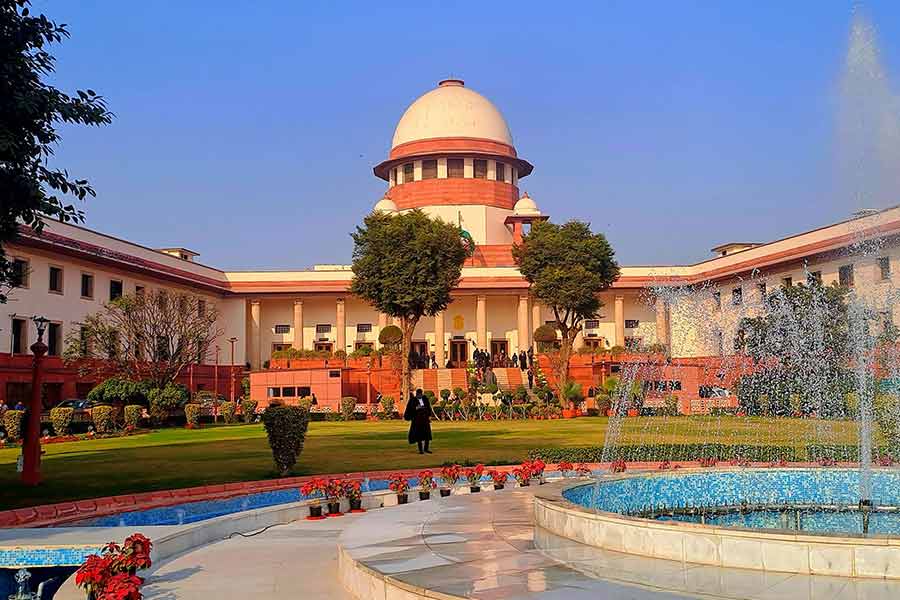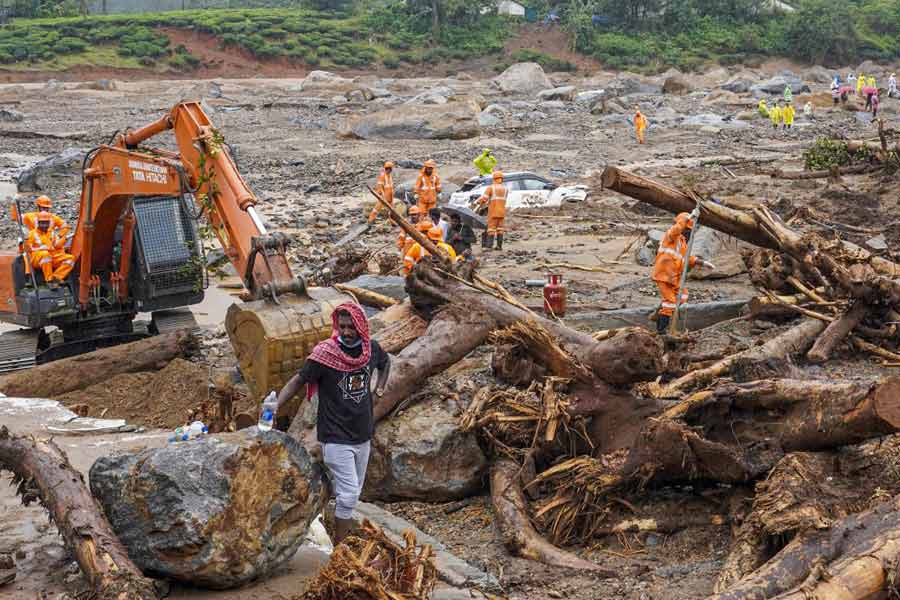Born in Nepal, a retired subedar (name withheld on request) who served in the Gorkha regiment of the Indian Army for 28 years is increasingly feeling “stateless”.
“I was born in a village near Pokhara (Nepal) and was recruited in the Indian Gorkha regiment as a youth. I have no family members in Nepal, no ties left there, as I have spent my life in India and my family is settled here. But I have nothing here, too,” the retired subedar said.
A 1950 Indo-Nepal treaty allows citizens of both the countries to move freely and settle in each other’s territory. But many Gorkha jawans who were born in Nepal and served the Indian Army for decades feel “stateless” after they retire. There’s nothing to go back to in Nepal and the process of getting Indian citizenship is cumbersome, they say.
After India gained Independence in 1947, an agreement generally called “Tripartite Agreement (TPA)” was signed the same year among the UK, India and Nepal, in which Nepal agreed to allow Gorkha troops in the armies of UK and India.
Following the agreement, six out of 10 Gorkha regiments became part of Indian Army and the remaining four went with the British army.
After the agreement, however, some Gorkha soldiers refused to join the British Army. To retain them, the Indian Army made the decision to raise the 11 Gorkha Rifles.
Even though the TPA states that the Gorkha soldier must be recruited and must serve and be resettled as Nepal citizen, the British government allows personnel who have served for at least four years to settle in Britain (read: indefinite leave to remain) automatically and be naturalised as British citizens under law.
While applying for citizenship in India, various documents like foreign passports are needed to be submitted to the Union home ministry. But a retired Captain born in Nepal who served for 34 years in the Indian Army said most jawans do not possess the passport.
“We do not know what our future holds. We served the army as Indians....the bullets fired by the enemies never made a distinction (between soldiers of Nepal origin and Indians).” All he wanted now, he said, was a simplification of the process to get Indian citizenship.
Colonel (retired) Keshab Rai, former secretary, Darjeeling Sainik Zilla Board, agreed with the retired Captain.
“A simplified process to grant Indian citizenship rather than the normal cumbersome citizenship process should be facilitated for those jawans who want to settle in India. The process should start during the last year of their service,” said Colonel (retd) Rai.
The retired Colonel added that most of these jawans were poorly educated and unaware of the process to apply for citizenship.
“This is a growing problem…there a few thousand jawans facing this problem in our region,” he said, adding the lack of proper Indian citizenship deprives the jawans from enrolling with the Sainik Board, losing out on facilities, official recognition and education scholarship.
Colonel (retd) Rai made a strong case for the Indian government to simplify the process of granting Indian citizenship to such army personnel as “they spent their lives swearing by the Indian flag and anthem”.
“The jawans are recruited at young ages, they spend anything between 17 and 34 years (depending on rank) in India and when they retire they prefer to stay in India because they have nothing left in Nepal,” he said. “Most of them are stateless persons...they languish as persons with no proper nationality even after having served in the Indian army for a long period of time. Their documents of Nepal are useless and they have no proper Indian documents.”
Under the Indian Army, Gorkhas have served in Bangladesh, Sri Lanka, Siachen, and in the UN peacekeeping missions in Lebanon, Sudan and Sierra Leone.

